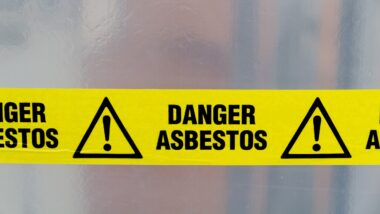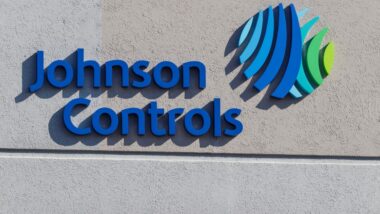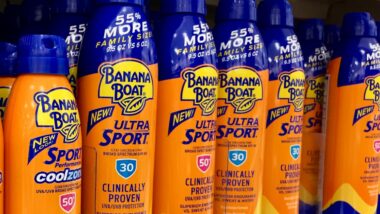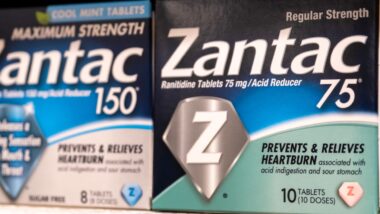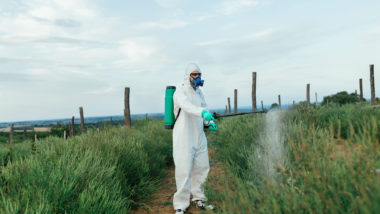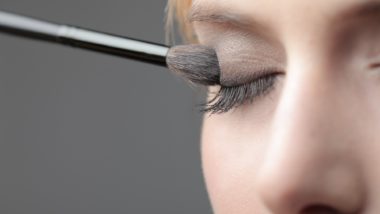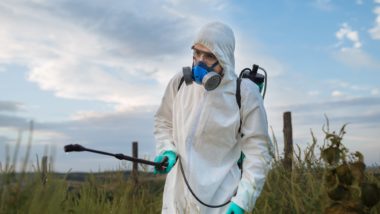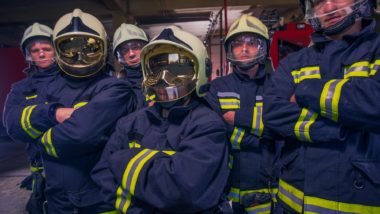Top Class Actions’s website and social media posts use affiliate links. If you make a purchase using such links, we may receive a commission, but it will not result in any additional charges to you. Please review our Affiliate Link Disclosure for more information.

It has been nearly two decades since the events of that day, and over time, businesses have closed, people have retired and official documents are either deleted or discarded or stored away where it is difficult to locate them.
As a result, according to the Wall Street Journal, many present in Lower Manhattan during the 9/11 terrorist attacks and in the aftermath are finding it much more of a challenge to prove they were there – which is necessary if a claim on the 9/11 Victim Compensation Fund is to be successful.
About the 9/11 Victim Compensation Fund
The September 11th Victims Compensation Fund (VCF) was established shortly after the collapse of the World Trade Center for the purpose of covering treatment, rehabilitation and other health-related costs for those who contracted WTC cancer or other illnesses as the result of the toxins that were released over the area. In exchange for this compensation, those who file claims agrees not to take legal action against the airlines that were involved.
The original fund expired in 2004, but was extended under President Barack Obama. This past summer, Congress finally passed legislation that will extend the VCF for the next 70 years, ensuring that all who were affected will be able to file claims – if they can prove there were there that day.
What Evidence is Required For a WTC Cancer Claim?
In order to qualify for compensation from the VCF, one must have been in the “exposure zone” on 9/11, as defined under the program; in other words, Lower Manhattan south of Canal Street, as well as any part of the city that was near or along the routes taken by trucks used in debris removal.
According to the Wall Street Journal, lawyers who assist claimants say that establishing that you were present at the time involves a number of different types of documentation. An apartment lease from the time in question showing you were living there is one such document, as would a pay stub from an employer in the area. However, this is only part of the equation; these documents must typically be confirmed by a witness, who can sign an affidavit or sworn statement before an officer of the court. For example, if you claim you were working in Lower Manhattan on 9/11, the program may require a statement (i.e., an affidavit) from a supervisor or coworker who saw you that day.
This can be difficult after almost two decades. Neighbors move away, businesses close, workers retire, people pass away.
What Can be Done?
If a claim is denied, a WTC cancer or other eligible disease victim can present their testimony in person in a hearing before a panel. The personal appearance is required in order to eliminate potential fraud, lawyers say.
The problem has not gone unnoticed by officials. A number of policy changes are currently being considered and formulated. According to a spokesperson from the Department of Justice, these changes are expected to be completed “in the near future.”
In the meantime, if you are not sick at present but are at risk for a future 9/11 illness (as many WTC diseases have long latency periods), attorneys advise that you register your claim as soon as possible and begin gathering your evidence as noted above.
Navigating the complex and burdensome paperwork and strict deadlines to participate in the 9/11 Victim Compensation Fund can be difficult. An experienced 9/11 Victim Fund attorney can help and ensure you get the maximum compensation available.
If you were present near Ground Zero, generally considered to be Lower Manhattan below Canal Street, between September 11, 2001 and May 31, 2002, and were diagnosed with cancer 4 years or more after exposure (or 1 year or more for blood and bone cancers), you may qualify for compensation.
Submit your information now for a free, no-obligation review of your potential 9/11 cancer fund claim.
ATTORNEY ADVERTISING
Top Class Actions is a Proud Member of the American Bar Association
LEGAL INFORMATION IS NOT LEGAL ADVICE
Top Class Actions Legal Statement
©2008 – 2024 Top Class Actions® LLC
Various Trademarks held by their respective owners
This website is not intended for viewing or usage by European Union citizens.
Get Help – It’s Free
Free 9/11 Cancer Fund Claim Evaluation
If you qualify, a September 11 Victim Compensation Fund attorney will contact you to discuss the details of your potential claim at no charge to you.
PLEASE NOTE: If you want to participate in this investigation, it is imperative that you reply to the law firm if they call or email you. Failing to do so may result in you not getting signed up as a client or getting you dropped as a client.
Oops! We could not locate your form.

